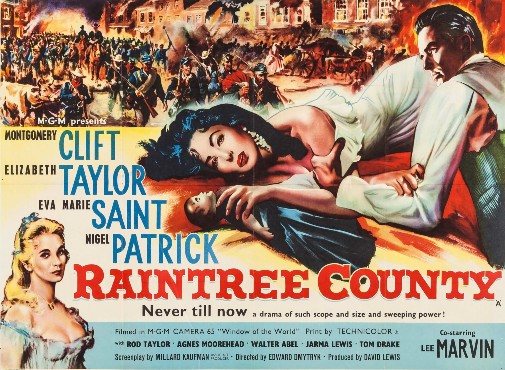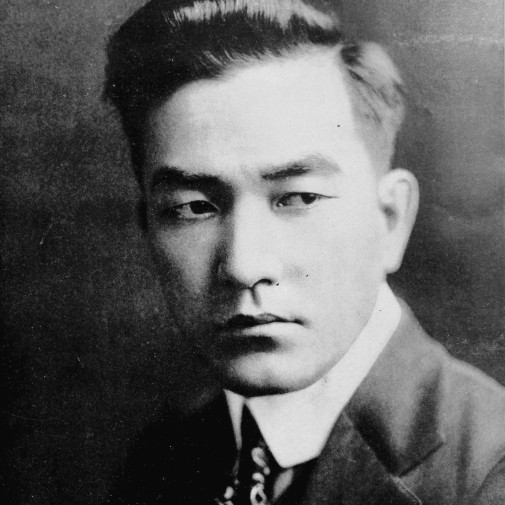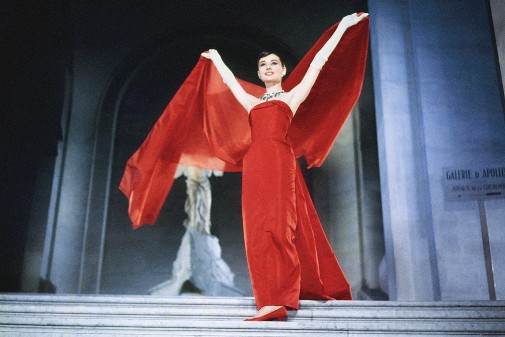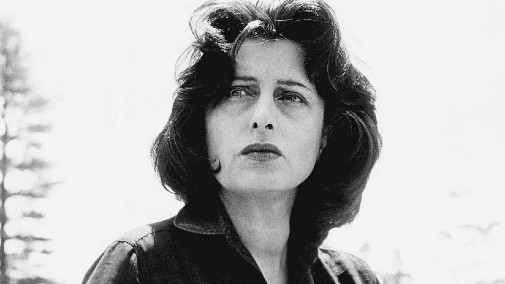Dorothy Dandridge @ 100: "Island In the Sun"
 Friday, November 11, 2022 at 7:50AM
Friday, November 11, 2022 at 7:50AM  "Island in the Sun" | © 20th Century Fox
"Island in the Sun" | © 20th Century Fox
After Carmen Jones proved a financial triumph and earned Dorothy Dandridge a ground-breaking Best Actress nomination, 20th Century Fox signed her for a three-picture deal. As Baby Clyde mentioned in part one of this centennial, Darryl F. Zanuck was invested in Dandridge's success, planning to make her a screen icon unlike any other Black performer in Hollywood history up to that point. Unfortunately, however, nearly every project fell through, including a remake of The Blue Angel that would have seen Dandridge take on Marlene Dietrich's star-making role. Even so, while absent from the big screen, her fame rose.
So high was Dandridge's profile that she became a target for Confidential magazine's libelous articles. The erstwhile Carmen Jones was one of the few stars to testify against the publication in a series of suits that brought along its downfall. In 1957, Dorothy Dandridge's victory in court coincided with her return to the big screen. Island in the Sun was her first film in three years…






